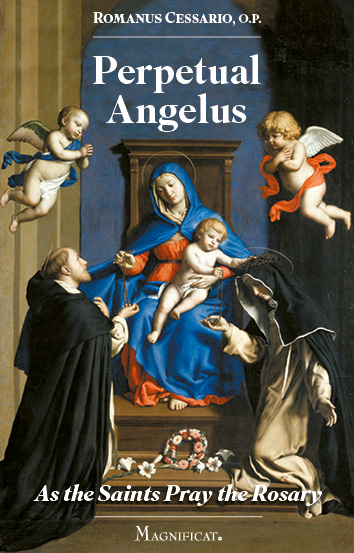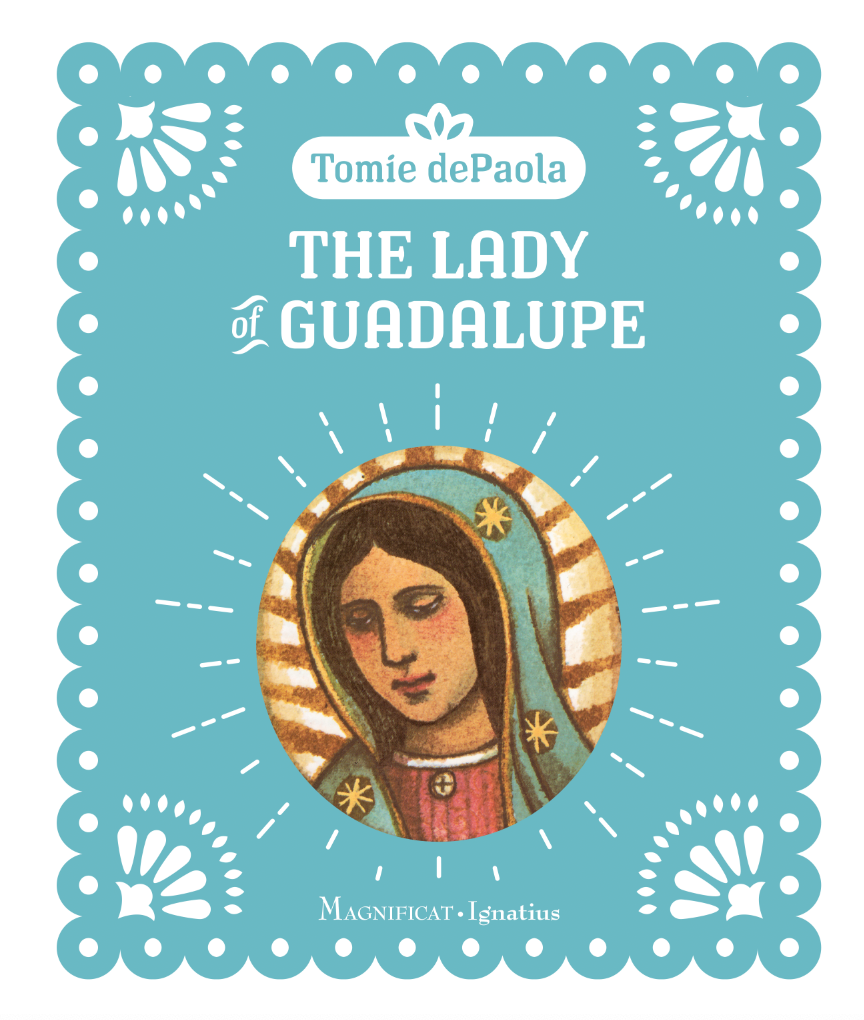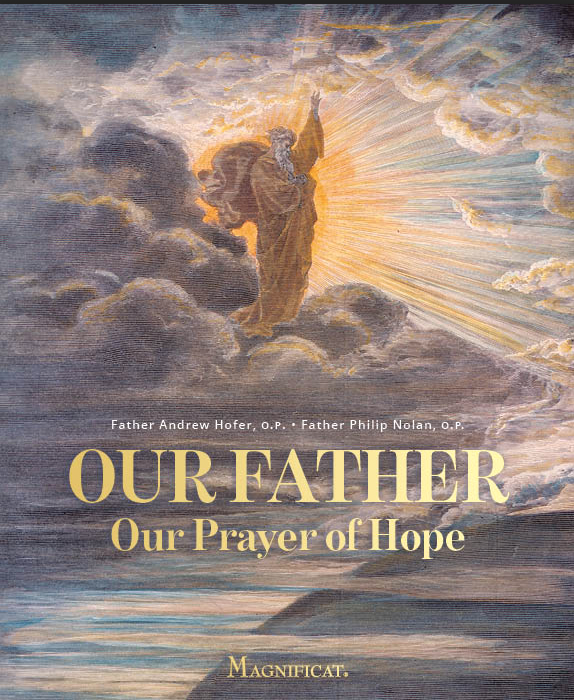Martha, Martha, you are anxious and troubled about many things; one thing is needful. Mary has chosen the good portion, which shall not be taken away from her. (Lk 10:42)
Few passages in Scripture evoke a stronger response from women than the Lord’s albeit gentle rebuke to the woman who toiled alone in the kitchen so that her honored guest might be well served at table. Because there are more Marthas than Marys in this world, this remains one of those “hard sayings” that requires a great deal of “chewing” before it can be swallowed, and remains, even so, difficult to digest. Many women hear this text and chafe at the apparent injustice: the sister who appears to seek something beneficial for herself is praised while the one who wants to serve is told her choice is second best. Those of us who have worked hard to make a home inviting or a meal a source of pleasure as well as sustenance know instantly how Martha feels: unsupported, unappreciated, taken for granted. Why shouldn’t she complain?
The fruit of resentment
Martha is the quintessential “good woman”—generous, busy to a fault, anxious about the details, genuinely wanting to help, and deeply frustrated. Luke’s description of Martha’s encounter with her guest is painful for many women because she reflects back to us so clearly the unvoiced and all too human expectation that we should be rewarded for our service. It is a common feminine trait to serve as a means of pleasing, of seeking approval, affection, and gratitude—and when our efforts are not rewarded, we reap the fruit of resentment. Jesus recognizes her goodness: we can sense the affection in his patient and pleading “Martha, Martha.” What is it, we wonder, that she just doesn’t get? And why don’t we “get it” either?
Responsive faith
There is another Martha story in Scripture, and while it appears in a different Gospel (John 11), it is remarkably consistent in its portrayal of the contrasting character of these two sisters. In John we learn that Martha and Mary are the sisters of Lazarus, whom Jesus raised after he had been dead four days, and that the Lord has a particularly strong affection for this family—all three are precious to him.
When Martha hears that Jesus has finally arrived, she runs out to meet him, while Mary stays behind; and, true to character, Martha complains: “Lord, if you had been here, my brother would not have died!” But this time she does more than complain. Martha is grieving the loss of her brother and, as so often happens, when tears dissolve all our customary defenses, the truth can finally be spoken: “even now I know that whatever you ask from God, God will give you.”
In Martha’s declaration of faith we hear the echo of Peter’s confession: “You are the Christ, the Son of the living God!” (Mt 16:16) and, in response, she receives an astonishing promise: “Your brother will rise again.” Just as Peter doesn’t really understand the full import of his own confession or the destiny of suffering and death that awaits his master, neither does Martha fully grasp the immense life-giving power her claim for Christ contains. As Peter relies on his inherited understanding of messianic salvation, so Martha relies on what she has been taught about the general resurrection at the end of history. Repeating what must have been the then standard line for consoling mourners, she replies, “I know that he will rise again in the resurrection at the last day.”
Martha, Martha…
“I am the resurrection and the life; he who believes in me, though he die, yet shall he live, and whoever lives and believes in me shall never die. Do you believe this?”
“Yes, Lord; I believe that you are the Christ, the Son of God, he who is coming into the world.”
The Lord, who asks for our faith, works in response to Martha’s faith the most spectacular of all his miracles—the raising of Lazarus from the dead. It is the last of his great works before he submits to his own destiny—the death for which he would soon be anointed by Martha’s sister Mary.
Christ who works
Hidden in the story of this very good but unfruitfully busy woman’s encounter with Christ is the cure for all the frustration and futility of our modern Marthas. The good work she and the rest of us strive to accomplish through purely personal effort is destined, like the food on our tables, to vanish. It is Christ who works, whose efforts avail and who asks that we serve him by believing in him: “Did I not tell you that if you would believe you would see the glory of God?”
There is for Jesus, Martha, Mary, and Lazarus a “last supper.” A few days before his death the Lord returns to Martha’s table. While Jesus sits at table with Lazarus Mary causes scandal again, this time by lavishly anointing the Master’s feet with costly nard, and Martha serves—this time without complaint.
©Magnificat July 1999









